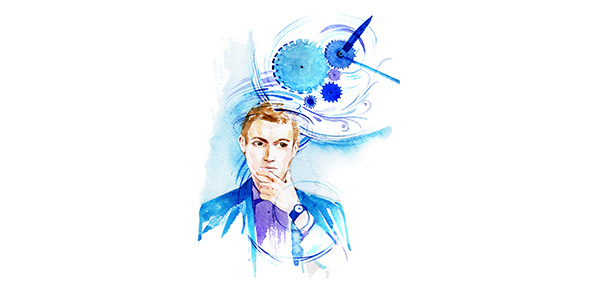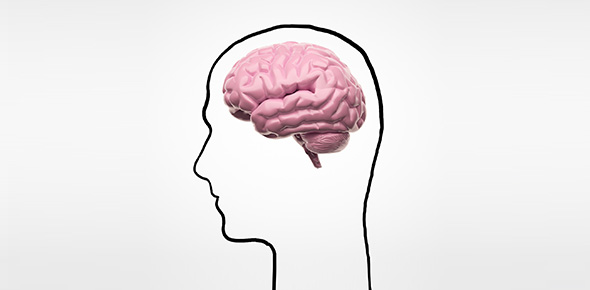Related Flashcards
Related Topics
Cards In This Set
| Front | Back |
|
Visual agnosia
|
|
Sensation
|
|
Perception
|
|
Senses
|
|
a study of the relationship btw physical characteristics of stimuli and our psychophysical experience with them.
|
Psychophysics
|
|
Our diminishing sensitivity to an unchanging stimulus. To experience this phenomenon, move your watch up your wrist an inch: you will feel it but only for a few moments. After constant exposure to a stimulus, our nerve cells fire less often.
|
Sensory Adaptation
|
|
Information processing guided by higherlevel mental process, as when we construct perceptions drawing on out experience and expectations
- Guided by experience and expectations “eel”
-Ignore information that’s not useful to us.
|
Top-down processing
|
|
Analysis that begins with the sensory receptors and works up to the brain's integration of sensory information
|
Bottom-up processing
|
|
Threshold
|
|
Absolute Threshold
|
|
Difference Thresholds
|
|
Weber's law
|
|
Transduction
|
|
Your eyes recieve light energy and transform it into neural messages that your brain then processes into what you consiously see
occurs in the Organ of Corti
|
Transduction in the eyes
|
|
The ______ of sound into a neural signal occurs in the cochlea.
|
Transduction in the ear?
|







